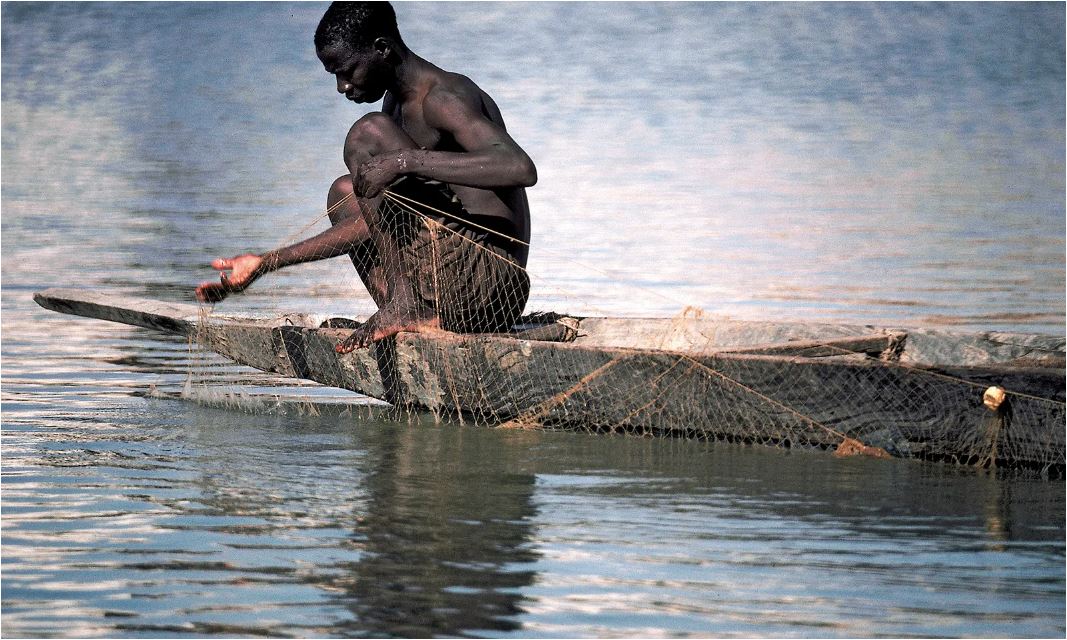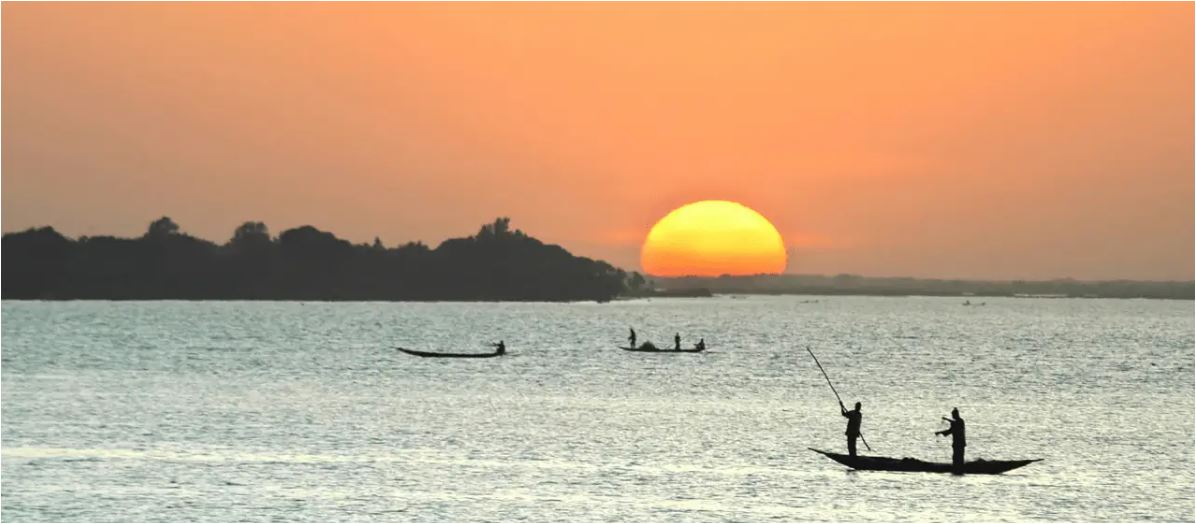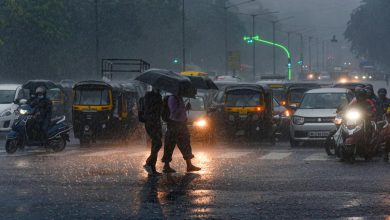Ecological importance of the Kwango River

Central Africa is a region of remarkable natural beauty and ecological significance. Nestled within this lush landscape, the Kwango River quietly weaves its way through the heart of Angola and the Democratic Republic of Congo. This seemingly unassuming river, however, holds the key to a biodiverse wonderland that plays a crucial role in the region’s ecological health. In this blog post, we embark on a journey to uncover the ecological importance of the Kwango River, exploring the rich biodiversity it supports and the conservation efforts aimed at preserving this vital natural resource.
The Kwango River: An Overview
The Kwango River, also known as the Cuango River, is a significant watercourse that originates in Angola, near the border with the Democratic Republic of Congo (DRC). Its meandering path takes it through pristine landscapes, connecting diverse ecosystems that are central to the ecological importance of the Kwango River. It is the largest left-bank tributary of the Kasai River in the Congo River basin.
The Diverse Flora of the Kwango River
The riparian zones of the Kwango River are lush with a stunning variety of plant species. These plant communities are integral to the health of the ecological importance of the Kwango River. Some of the plant species are unique to this region, underscoring the need for conservation. We’ll take a closer look at the flora that adorns the banks of the Kwango.

Teeming Fauna: Wildlife Along the Kwango River
The Kwango River supports a thriving aquatic ecosystem, providing a habitat for diverse fish species and aquatic life. Beyond its waters, the river is surrounded by forests that are home to an array of wildlife, from mammals to birds. We’ll delve into the fascinating world of animals that rely on the Kwango River and its riparian zones for their survival.
The Conservation Challenge
While the Kwango River is an ecological gem, it faces a range of challenges that threaten its delicate balance. These challenges include habitat destruction, pollution, and the impact of climate change. Understanding these threats is a crucial step in formulating effective conservation strategies. We’ll explore the obstacles and opportunities in preserving this unique ecosystem.
Conservation Efforts: Safeguarding the Kwango River
In this section, we’ll shed light on the conservation efforts dedicated to preserving the Kwango River and its surrounding habitats. These initiatives involve local communities, governments, and international organizations working together to protect this invaluable natural resource. Learn about the strategies in place to safeguard the biodiversity and ecological importance of the Kwango River.
The Role of Local Communities
The communities living along the Kwango River have a deep and enduring connection to the river and its resources. Their traditional knowledge and sustainable practices have played a vital role in maintaining the ecological balance of the region. We’ll explore the relationship between these local communities and the Kwango River, emphasizing the importance of community-driven conservation initiatives.
International Cooperation: The Transboundary Nature of Conservation
Given the Kwango River’s transboundary nature, effective conservation requires cooperation between Angola and the Democratic Republic of Congo, as well as other regional stakeholders. International collaboration is crucial for sustainable resource management and the preservation of the ecological importance of the Kwango River. We’ll highlight the significance of joint initiatives aimed at safeguarding this critical natural resource.
Research and Scientific Contributions
Scientific research is a cornerstone of conservation efforts, providing valuable insights into the complex dynamics of the Kwango River’s ecology. Researchers and environmentalists contribute to our understanding of the river’s biodiversity, the impact of human activities, and the evolving conservation landscape. We’ll delve into the importance of biodiversity research and its role in shaping sustainable conservation practices.
Sustainable Practices for the Future
Looking forward, the implementation of sustainable practices is essential to ensure the long-term viability of the Kwango River ecosystems. From sustainable fishing to reforestation initiatives, several sustainable practices can contribute to the preservation of the river and its surroundings. We’ll underscore the importance of sustainable practices and the collective effort needed to safeguard the Kwango River for future generations.
Conclusion: The Ecological Importance of the Kwango River – A Natural Treasure to Preserve
In conclusion, the ecological importance of the Kwango River goes beyond its tranquil waters. It encompasses the rich biodiversity of Central Africa and plays a vital role in the region’s ecological health. By understanding and celebrating its importance, we pave the way for informed conservation efforts and sustainable practices that will safeguard the Kwango River and its ecosystems for generations to come. The Kwango River is a natural treasure that deserves our utmost care and protection.
Know More about Bani River.
What are The Religious Places of Bani River?
When Did The Bani River Basin Become a Focus?
Where is The Bani River Located?
Who Were The Key Historical Figures and Civilizations of The Bani River?
How to Reach Bani River?




